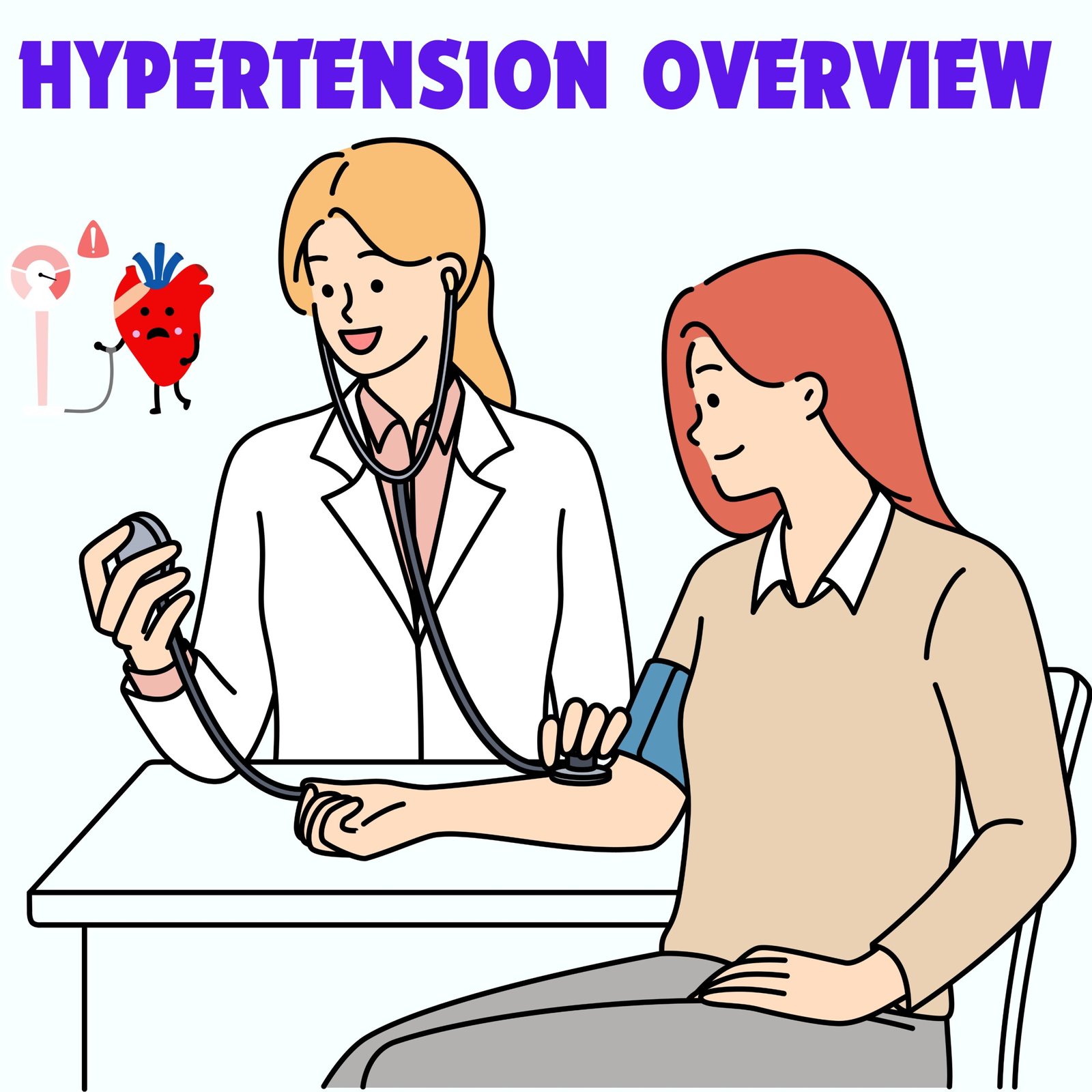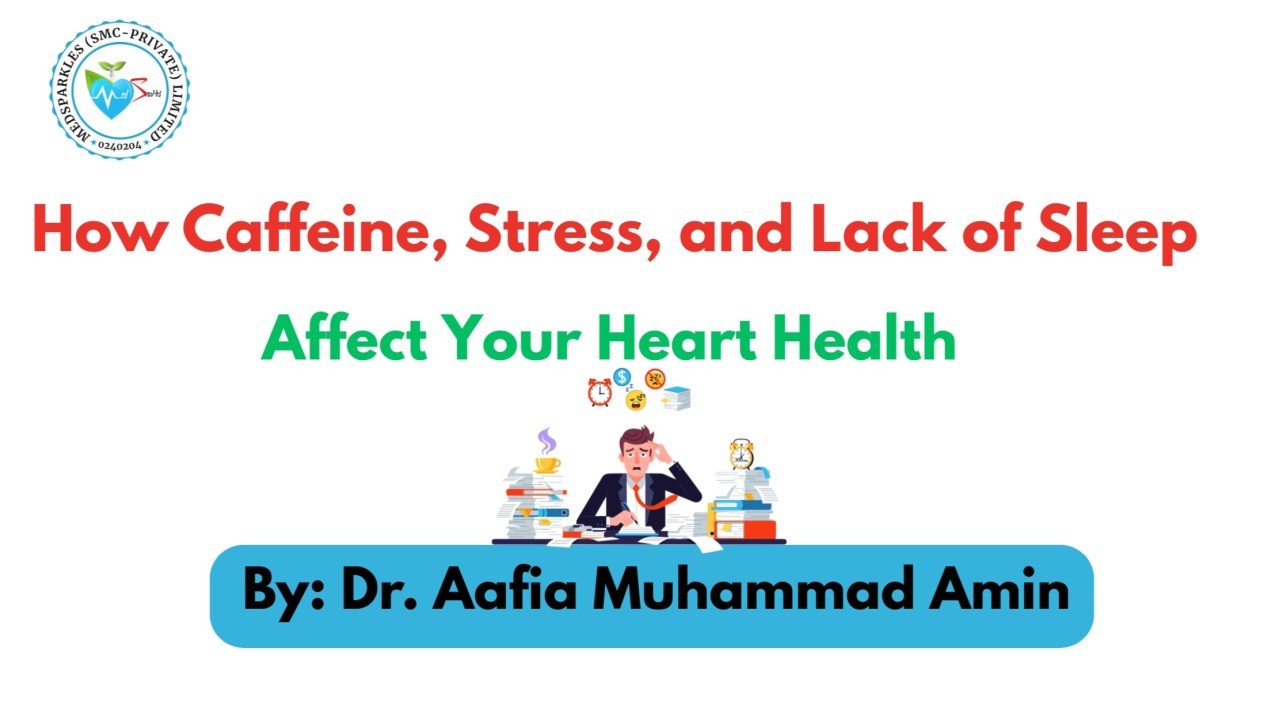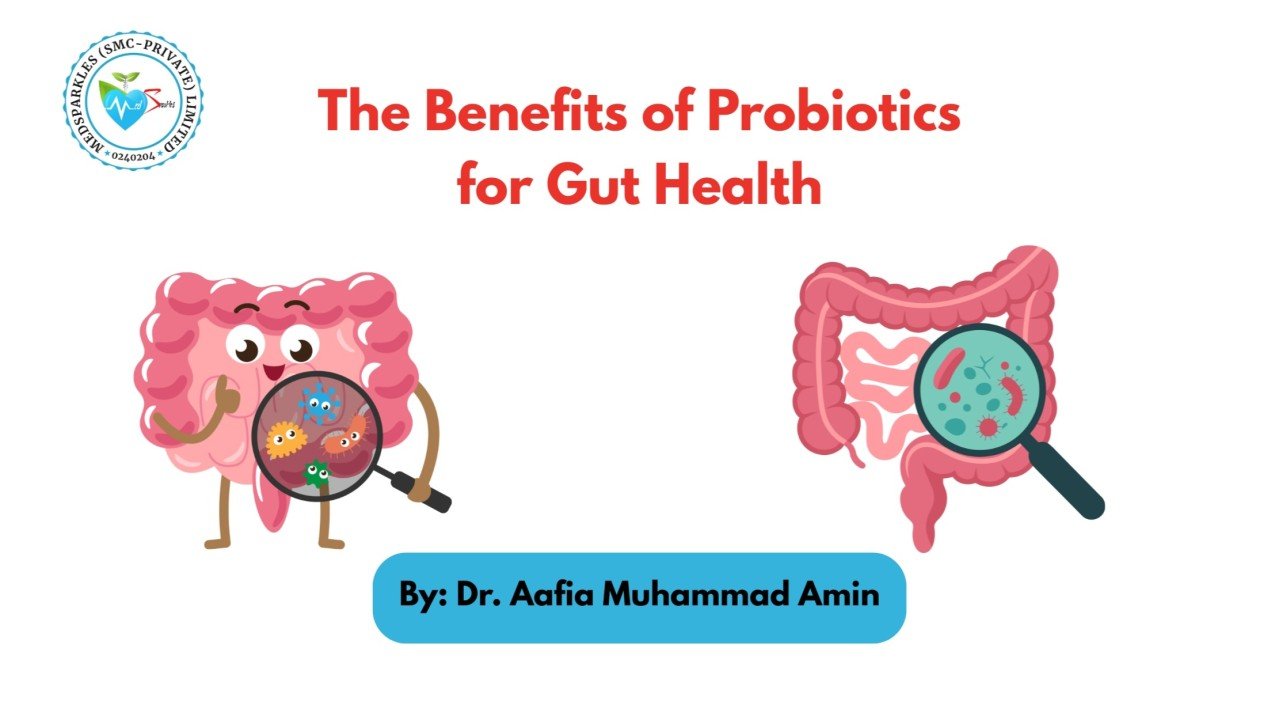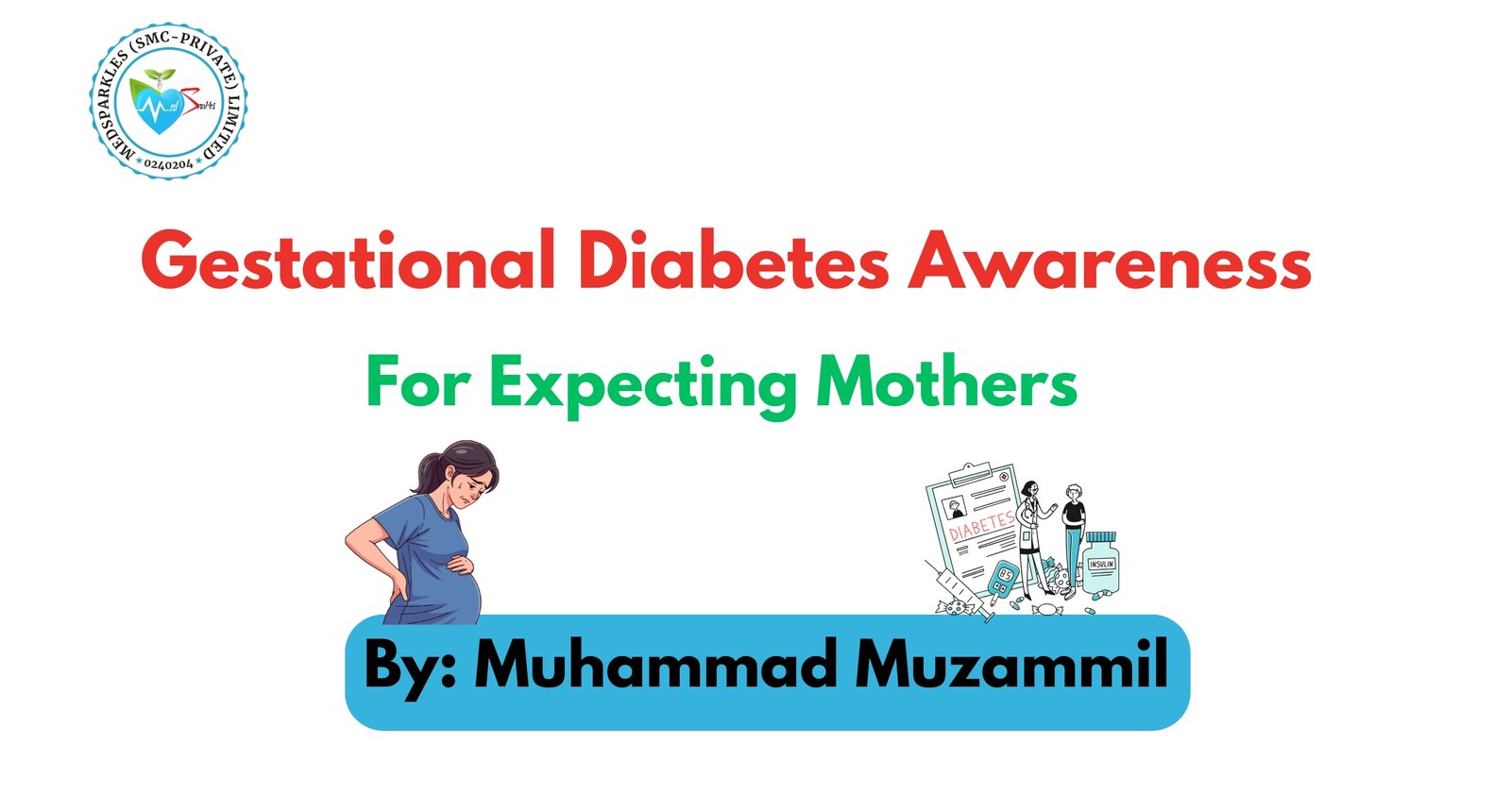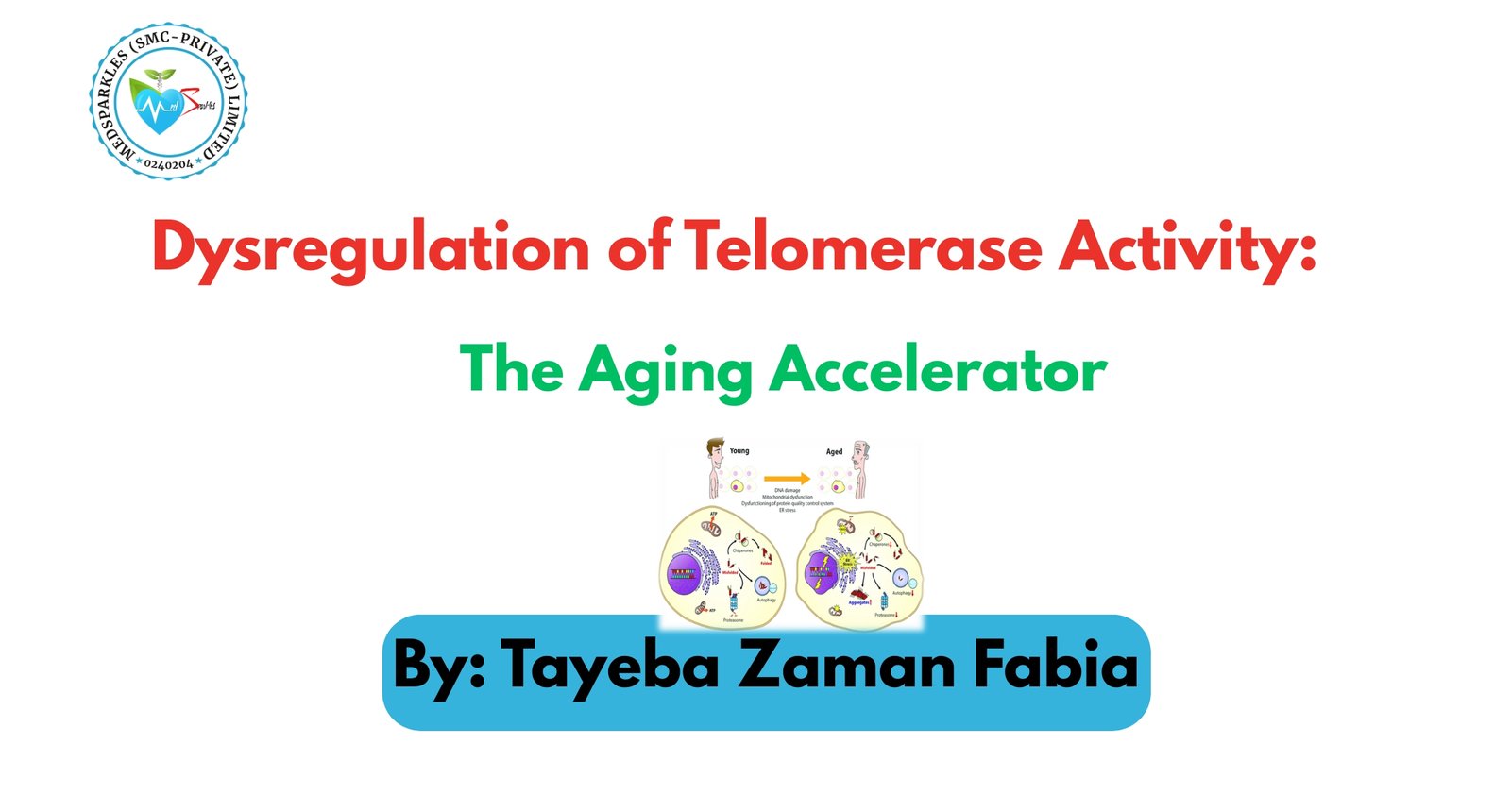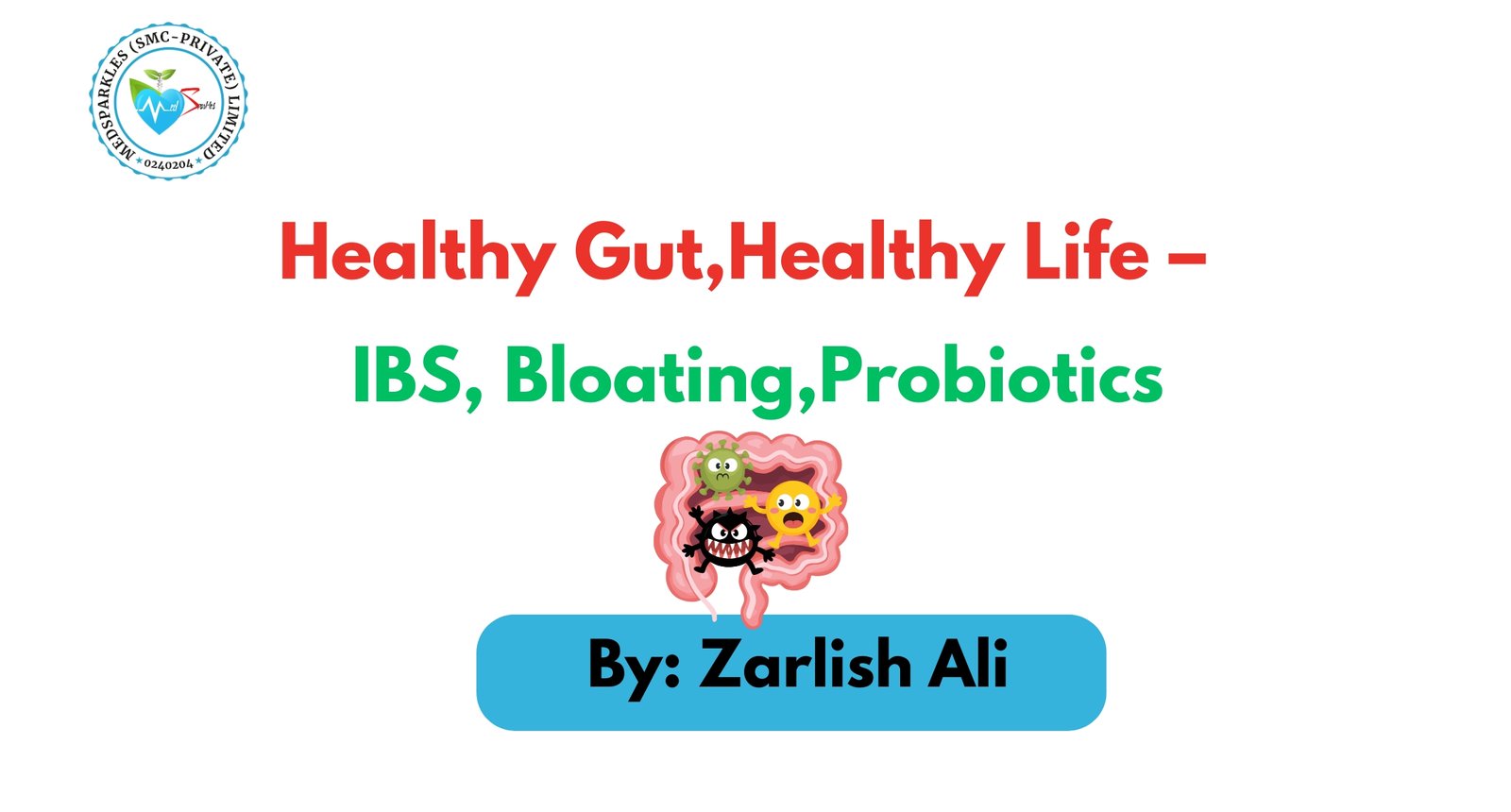Hypertension, commonly called as “High Blood Pressure” is a most usual medical condition found in elderly patients and now in adults as well. There are many risk factors associated with elevated blood pressure that are not usually considered. Being a silent condition, this may lead to cardi diseases and many other organ complications. In this blog we will discuss the basics of hypertension, its main causes, treatment and its management by adopting lifestyle changes.
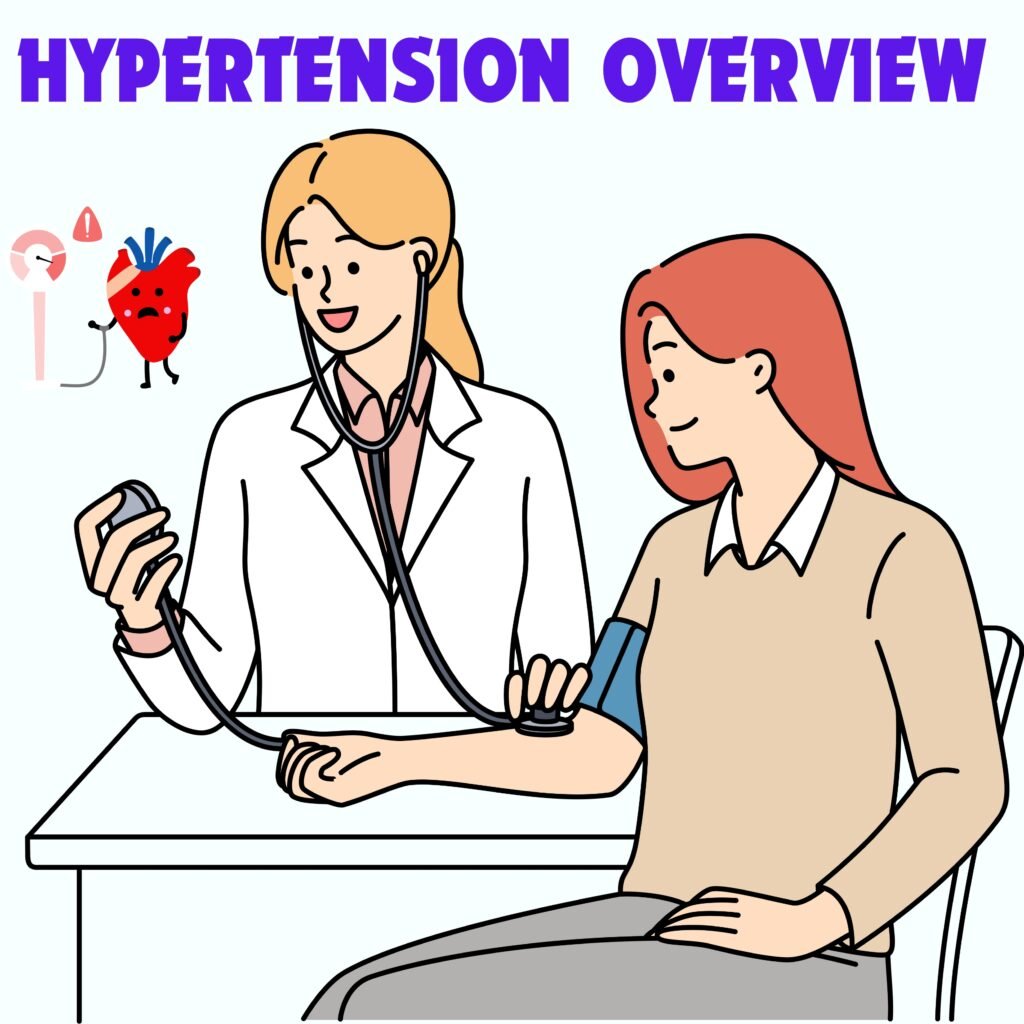
Introduction:
A continuous increase of systolic blood pressure above 140mmHg and diastolic blood pressure above 90mmHg is termed as Hypertension.
High blood pressure is an important factor which plays a part in developing certain medical conditions like metabolic disorders, cardiovascular disease, renal diseases and many others.
Normally, blood pressure changes throughout the day depending on the activities a person performed. In healthy adults, this value remained below 120/80 mmHg. Here is comparison given for normal and elevated blood pressure levels.
Blood Pressure Levels
Systolic & Diastolic Readings
Normal
Systolic: < 120mmHg Diastolic: <80mmHg Elevated Systolic: 120-129mmHg Diastolic: less than 80mmHg High blood pressure Systolic: > 130mmHg
Diastolic: > 80mmHg
Symptoms of Hypertension:
Some of the symptoms a person with high blood pressure experience are:
•
Headache
•
Chest pain
•
Shortness of breath
•
Dizziness
•
Fatigue
•
Blurred vision
•
Anxiety
In most cases, hypertension remains asymptomatic that’s why it is called ‘silent killer’. Such persons don’t experience these symptoms so the only way to diagnose is regular checking of blood pressure levels.
Causes of Hypertension:
Some of the main causes of hypertension are given as follow:
•
Old age
•
Genetic history
•
Being overweight
•
Excessive salt intake
•
Sedentary lifestyle
Results of Untreated High Blood Pressure:
High blood pressure if remained untreated for a long period of time, it may lead to various other medical conditions such as cardiovascular disorders, renal impairment, liver function damage and disturbed cholesterol levels.
Medication for High Blood Pressure:
Medication used for lowering high blood pressure are called as ‘Antihypertensive Drugs’.
There are multiple classes of antihypertensive drugs available foe treating high blood pressure. The most common classes of antihypertensive drugs that are considered as first line treatment drugs are:
•
Calcium channel blockers
•
Thiazide type Diuretics
•
Angiotensin converting enzyme (ACE) inhibitors and Angiotensin II receptor blockers (ARBs)
These medications are given alone or in combination with others to cure high blood pressure. The dosage and the type of drug is further decided by the prescriber considering all the medical conditions and history of patient.
Some of the other classes of drugs used foe treating high blood pressure are:
•
Beta blockers
•
Alpha blockers
•
Hydralazine
•
Potassium sparing diuretics
•
Minoxidil
Regularity in taking antihypertensive medication is most important to manage elevated blood pressure levels. Irregularity may results risk of other medical conditions.
Managing Hypertension:
Managing hypertension is a life-long commitment. Hypertension is not a type of disease that can be cured completely by having a specific course of medication. So, it’s important to manage the condition by adopting various lifestyle changes.
First of all it is important to have a balanced meal plan to overcome the disease condition. Eating a diet rich in whole grains, fresh fruits and vegetables with a low salt intake helps in lowering blood pressure levels.
Regular physical activity such as walk, low intensity workouts or gym helps in managing blood pressure levels.
Managing stress is also very important in managing blood pressure levels. Meditation and deep breathing can be performed to alleviate stress levels.
Conclusion:
Hypertension is a most prevalent health condition associated with consistent high blood pressure. If it remains unchecked or uncontrolled, it may results other health issues. By knowing the proper cause and understanding the sign and symptoms, one can take significant steps in controlling hypertension. Aside of medical treatment, regular blood pressure monitoring and healthy lifestyle, regular activity can help in managing hypertension, ensuring a healthier heart and overall well-being.
